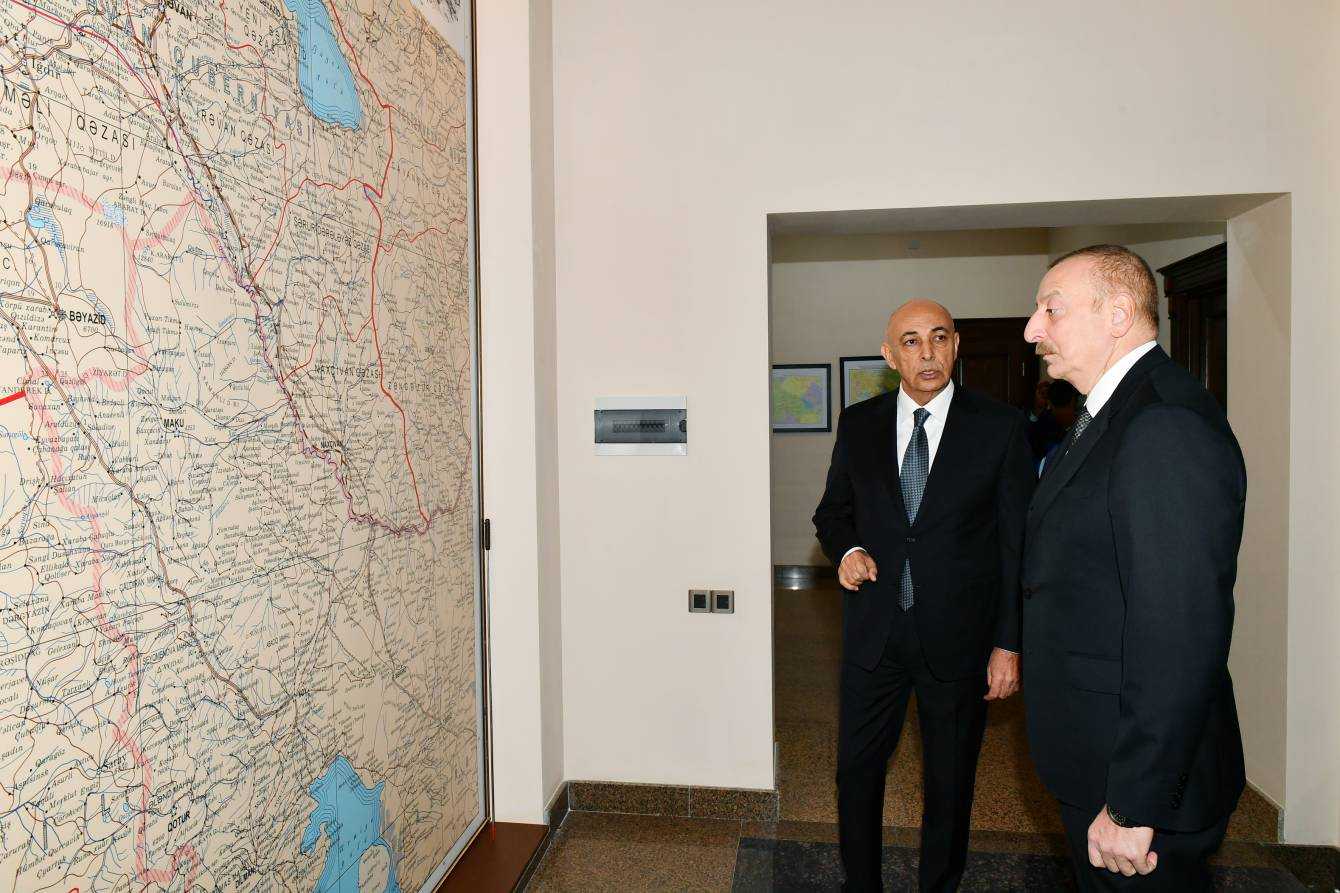EU South Caucasus representative says she heard ‘encouraging statements’ about peace from Baku

The EU’s Special Representative for the South Caucasus, Magdalena Grono, has said that she heard ‘encouraging statements regarding peace and stability’ in the region from Baku, which were ‘often different from what we have heard in the public space’.
In an interview with Armenpress on Monday, Grono said that she discussed ‘issues relating to public rhetoric, the need to prepare populations for a peaceful future, to address and lower threat perceptions’, in meetings with Azerbaijani officials and civil society representatives.
This came in response to a question about threats made by Azerbaijani President Ilham Aliyev as she was touring Armenia and Azerbaijan between 7–11 January, in which he called Armenia ‘a fascist state’, adding that ‘either the Armenian leadership will destroy [fascism] or we will. We have no other choice.’

Grono said that for the EU, it was ‘very important’ that the normalisation process continues ‘in a calm and positive environment, building on past achievements and successes reached in various formats’.
She was then asked whether she thought Azerbaijan was preparing for a new attack on Armenia, and how credible she found Azerbaijan’s statements about pursuing peace, to which she responded by saying that she was told by Azerbaijani officials and civil society that ‘the conflict has been settled’, that ‘the situation has been stabilised’, that there is ‘no intention to use force’, and that the ‘normalisation process should continue in all its dimensions’.
Referring to progress made in the delimitation of the Armenia–Azerbaijan border, Grono said that it ‘sends a very positive signal’ and expressed her hope that similar progress would be ensured ‘on other tracks, be it regarding the draft peace treaty, connectivity and resumption of communication links, or humanitarian issues’.
However, in late January, Armenian Foreign Minister Ararat Mirzoyan stated that it ‘may still take a long time’ to finalise the peace deal with Azerbaijan, while also suggesting that the peace process ‘has no alternative’.

Commenting on the Armenian government, Grono said that ‘despite the ups and downs of the process, the Armenian leadership has been engaging with a forward-looking approach, with a clear willingness to turn the page of enmity and establish a stable and peaceful environment.’
Grono stated that during her meetings in Azerbaijan, she had dismissed the allegations about the EU and the EU Mission in Armenia (EUMA) as ‘disinformation’, stressing that the EU ‘does not intend to create new dividing lines, engage in “zero-sum games”, or promote a “hidden agenda” in the region’.
Azerbaijan and Russia have been openly critical of the EUMA, stationed along the Armenian border, with both countries accusing it of spying on Iran, Azerbaijan, and Russia for the West, and of destabilising the region.











